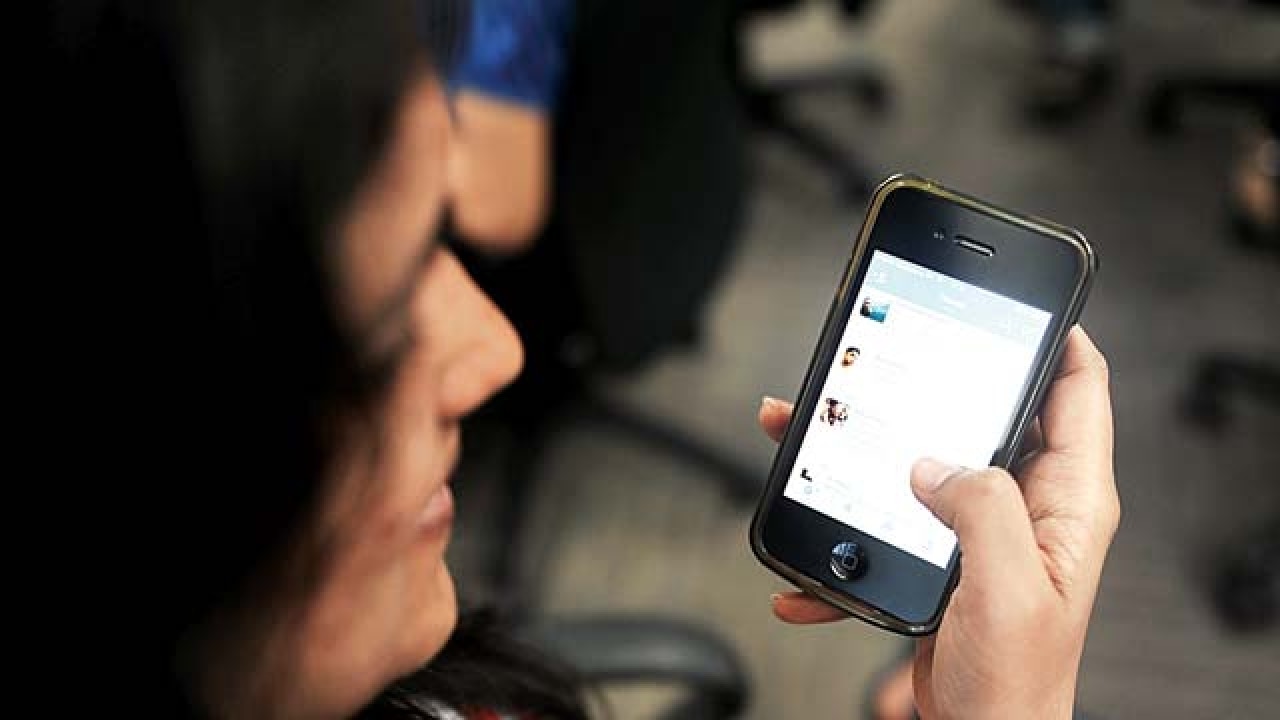
Post the London terror attack, British Prime Minister Theresa May’s call to social media to do more to stop jihadists from using their platforms to communicate, recruit and promote hate is finding resonance all over the world. The call is all the more urgent because, though jihadists have become more sophisticated in using Facebook, Twitter, WhatsApp and other platforms, social media has been painfully slow in catching up, identifying and shutting down their accounts.
It is not just about jihadists, other problems too are surfacing which social media seems unable to control. An exposé by The Guardian on the internal workings of Facebook found that not only were the staff hopelessly outnumbered and overwhelmed in dealing with posts which could incite hate and violence — especially against women and children — they were also skewed by algorithms with could detect only certain types of offences and not others.
So a post saying, “I want to kill Trump,” or other world leaders would automatically invite censure while other posts stating violence against women, “I want to kill her,” would often be dismissed as sarcasm. More worryingly, posting and sharing of nude photographs of women and children were slipping under the radar, as the algorithms often labelled them as “freedom of expression.”
Time and again, Facebook has said that it is aware of the problem and Mark Zuckerberg and other heads of social media platforms have vowed to improve their bots, algorithms and manpower to deal with the growing ‘cyber-social’ issues such as religious bigotry, revenge porn and cyberbullying, among others.
But that isn’t enough. The introduction of new technologies such as Facebook Live has created a number of new problems — the most recent one being “live suicides” where a number of 20-somethings and even teenagers broadcast their suicides to the world. Critics have called on Facebook to clamp down on such cases to ensure “copycat killings” are not encouraged. Facebook has argued that by allowing such events to be shown, a depressed person can be reached and given help in time.
Such issues have no easy answers and the debate is likely to continue as social media develops. What we cannot deny though is that Facebook and other social media platforms have a huge mine of data, posts, tweets, videos and pictures being updated by the millisecond and they are hopelessly ill-equipped to handle it on their own.
It is time then to talk about alternative solutions. While government intervention will be resisted, creating a World Cyber Body to form specific laws for cyber crimes is needed. The body could function like the UN where it can deploy experts to member countries to advise on problems because — as we must not forget — cyber issues vary from country to country.
Second, Facebook, Twitter etc. should be mandated to set up accounts where members of the public can send queries and concerns about people who they feel are “at risk”, as well as those who are suspected of being a risk. These accounts can be monitored and action can be taken accordingly.
Third, countries should use the World Cyber Body as a kind of Interpol. So for instance, if someone is broadcasting hate speech to India from Britain or Nigeria, this information needs to be shared not just with member countries but with social media authorities too and the person put on a “watch list.”
Implementing such measures will not be easy. It will lead to an outcry of the “governing of the internet” and a “clampdown” on free speech. Some will also argue that it increases the danger to dissidents, living in dictatorial regimes. This is all true and there is room for much debate before these suggestions are fine-tuned and made workable.
The fact of the matter is that the moment we sign into a Facebook, Twitter or any social media account, we have surrendered our right to privacy. So, if we exercise our right to broadcast our voice to the world, we might as well get used to the fact that doing so comes with responsibilities and consequences.